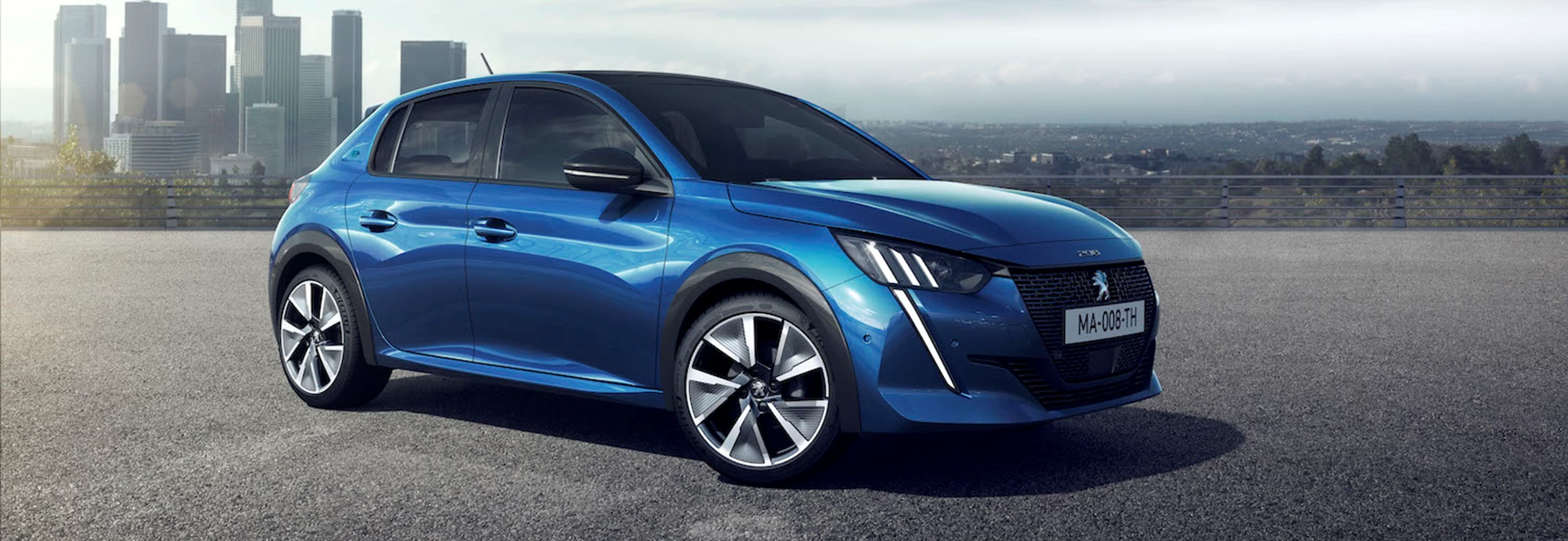Low-emission or zero-emission vehicles are becoming more common on British roads every month.
Whether that’s down to people’s changing habits towards the environment or wanting to lower running costs is unclear – but EVs are slowly catching up with the traditional petrol and diesel options in terms of performance and usability.
And there are many reasons drivers should look towards getting behind the wheel of a battery-powered vehicle. Here are some to show you that electric cars could be right for you…
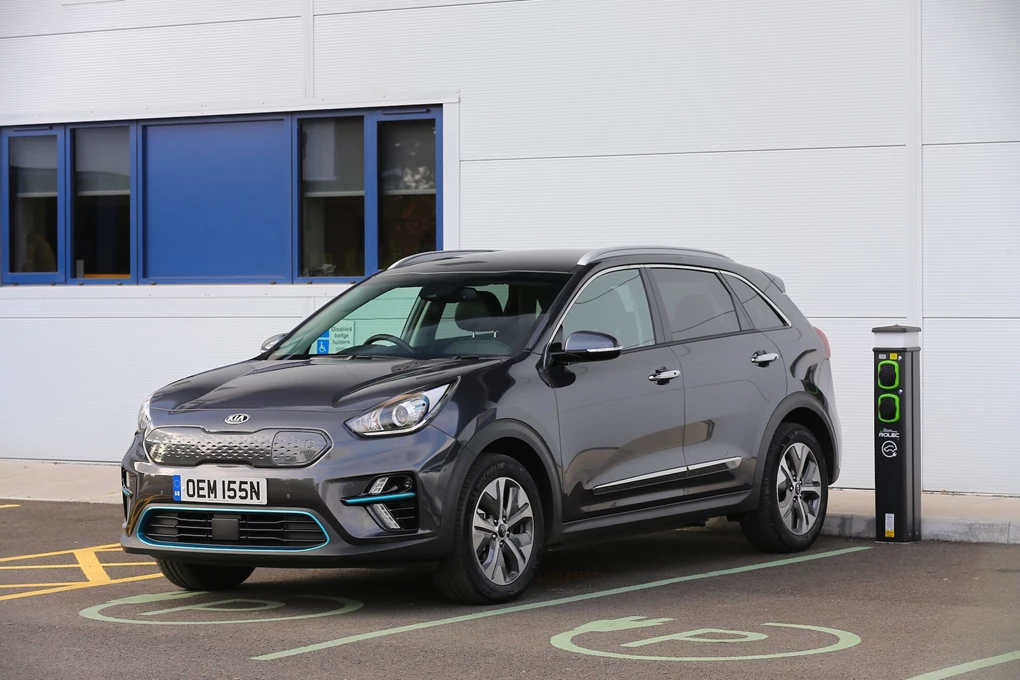
Zero-emissions are produced
We’ll get the obvious out of the way. Electric vehicles don’t produce any harmful chemicals on the move – while petrol and diesel cars produce carbon dioxide, carbon monoxide, nitrogen oxide, and many other emissions.
Although fossil-fuelled vehicles are cleaner than ever, electric models will always be able to say they’re much kinder to the environment. Along with hydrogen-powered vehicles, EVs are leading the way in making cars less damaging and better for the planet.
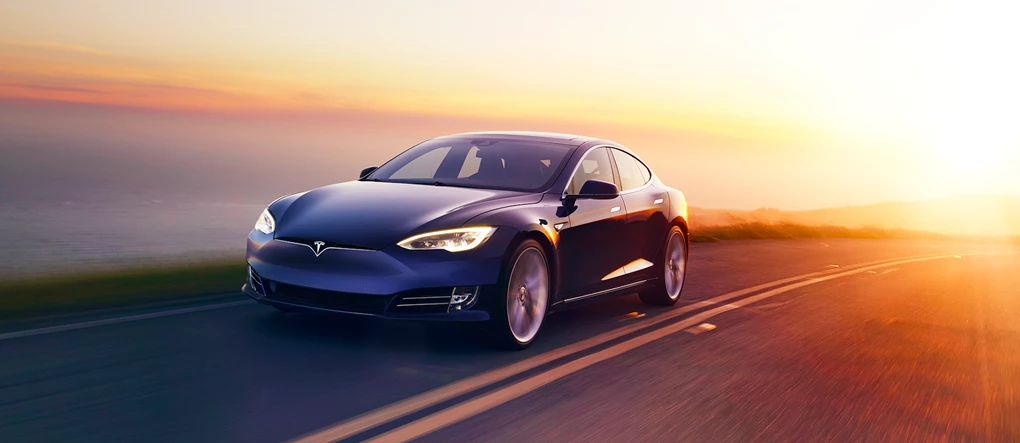
Prices are coming down
The initial issue with the first EVs was that they were too expensive and not very accessible to most drivers. But as the technology involved has become cheaper to develop and install on vehicles, the prices of the vehicles have dropped too.
For example, the Peugeot e-208 will start from £25,050 and the all-electric supermini comes with all the features you’ll likely ever need, such as a touchscreen infotainment system, Bluetooth, driver assistance systems and a digital instrument panel. It also comes with a 211-mile range, which is great for such a small car.
The Kia e-Niro – an all-electric crossover – is also reasonably priced at £32,995. The spacious model offers 282 miles of range while featuring a fleet of safety systems, digital dials, a large touchscreen infotainment system and wireless smartphone charging. It also offers plenty of room for passengers and boot space.
See Available EV car deals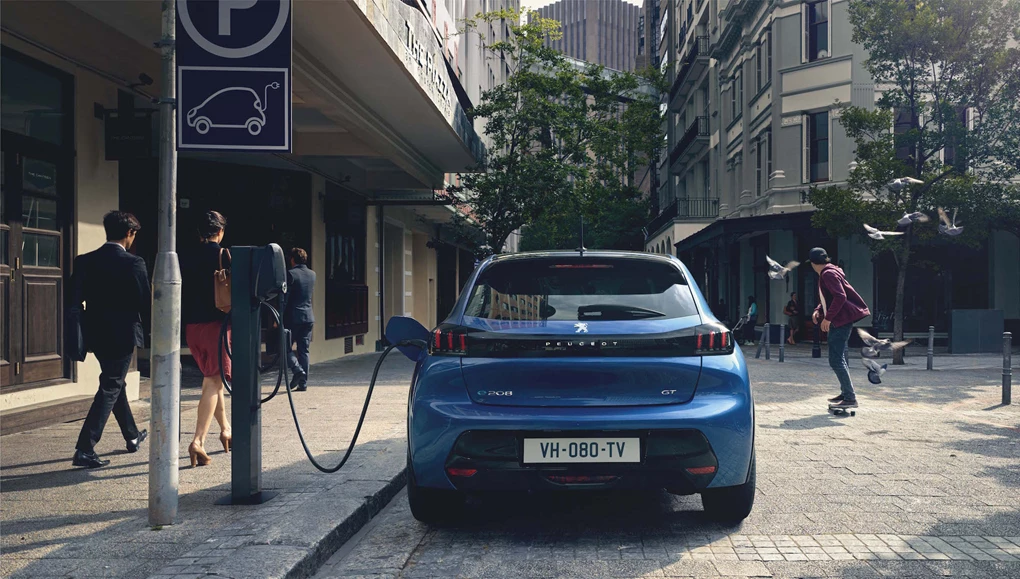
Lower running costs
With electricity much cheaper than fuel, charging an electric car is much kinder to your wallet as well as to the environment. By having a wallbox at your home or using a charging point when you’re out and about, you won’t be paying much at all – only subscription costs if you’re using a charging point from certain brands.
To make this better on the environment, if you get your charge from a renewable source – such as solar or wind power – you’ll be doing the planet a favour, too.
In addition to that, road tax for electric vehicles is currently free – as long as it doesn’t cost more than £40,000. So for smaller EVs, you’ll only have to worry about insurance while it’s on the road. This may change in the future, but it may be worth your while investing in an EV while this is still the case.
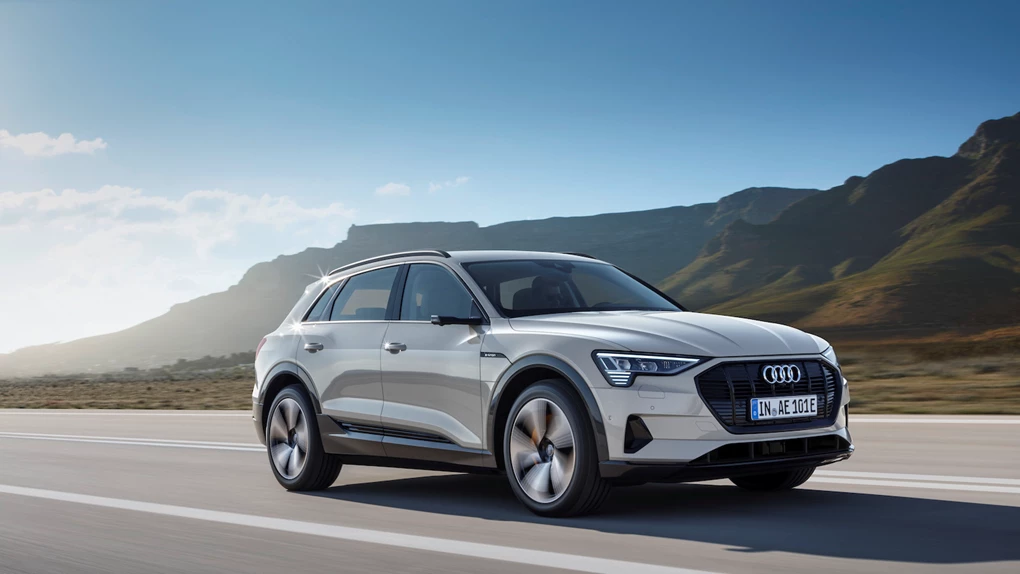
Just as practical as a normal car
In the grand scheme of things, you won’t be making extensive journeys every day – and if you do, you’re more than likely to drive a diesel vehicle for the foreseeable future. So, with commutes averaging 20 miles each way, an EV is perfect for those kinds of distances.
By those figures and for EVs with longer ranges, you will only need to fully charge them once a week – about the same as refilling your traditionally powered car. This can make a battery-powered model much more appealing than ever.
But some models do come with an extended range, such as most Tesla models, the Jaguar I-Pace and Audi e-tron, which allow drivers to make longer journeys with a full charge.
